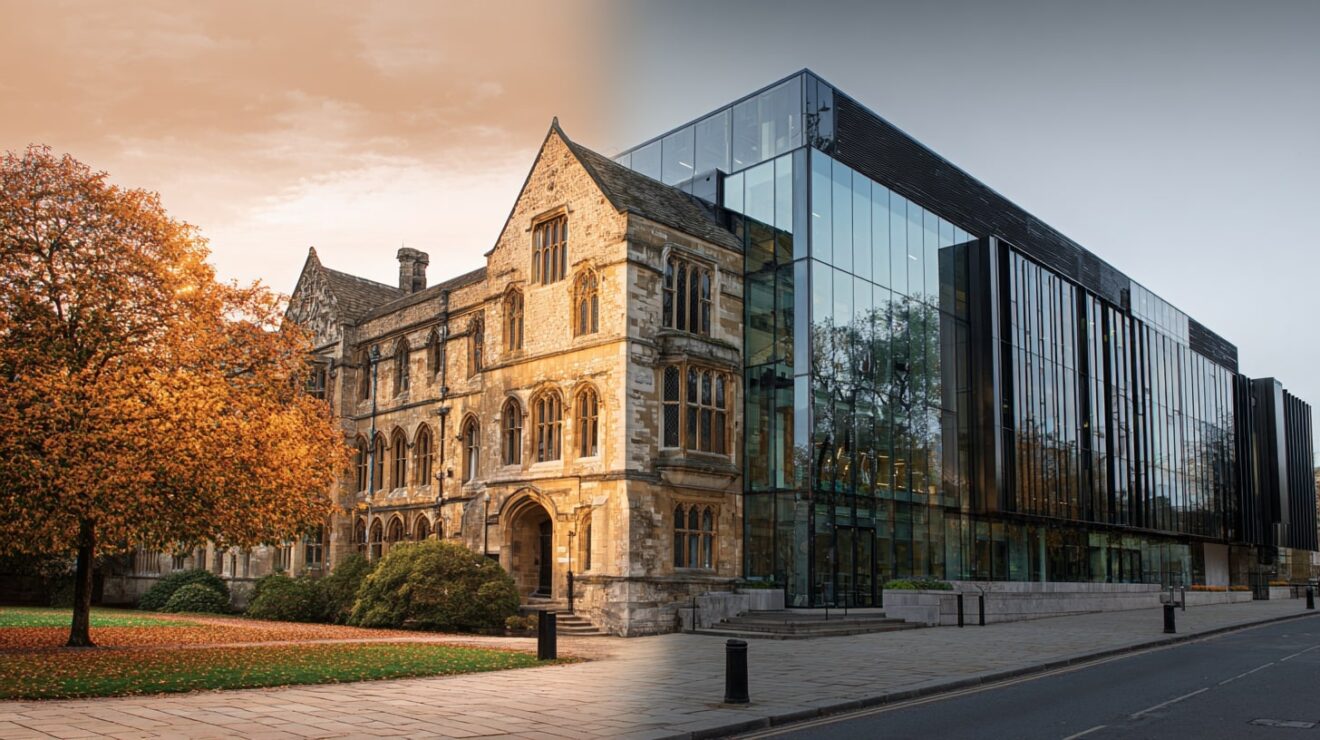Every year, over 90,000 international students study at Russell Group universities.
They are attracted by the UK’s globally respected institutions, diverse student communities, and opportunities to work through the Graduate Route.
But new research by the Russell Group Students’ Unions (RGSU), in partnership with UKCISA, reveals that for many international students, the UK study experience is met with significant challenges. If not addressed, these issues could damage the strong reputation of UK universities and threaten the UK’s global competitiveness in the higher education market.
Our comprehensive study draws on survey responses from nearly 5,000 international students across Russell Group universities and more than a dozen focus groups, making it one of the largest student-led insights into the international student experience.
While the findings illustrate a broadly positive picture of academic satisfaction and feeling welcome on campus, the report outlines a series of persistent barriers, such as financial strain, work restrictions, feeling safe in the UK, and mental health concerns that diminish the overall experience of studying in the UK.
Why they choose the UK – and why it still matters
1 in 7 respondents said the UK’s high-quality education and globally recognised universities were their main motivations for studying here. For 3 in 4, the UK was their first-choice destination.
Students are also attracted by the shorter course lengths, multicultural environments, and post-study work opportunities offered through the Graduate Route.
But this reputation is increasingly at risk. Only 61 per cent of international students agree that the UK government values them, and this drops even lower for marginalised groups – just 47 per cent of disabled students and 54 per cent of LGBT+ students feel welcome.
That perception gap should worry universities and policymakers who want to ensure long-term stability for the higher education sector.
The cost of choosing the UK
International students contribute £41 billion a year to the UK economy, but for many, the costs of studying in the UK are becoming increasingly unsustainable.
Median monthly living expenses total £1,402 outside London and rise to £1,635 in the capital. Rent alone averages £851, increasing to £1,052 in London. Visa fees and the Immigration Health Surcharge add thousands more.
One student remarked that their visa application and related costs equated to 15 times the monthly minimum wage in their home country. Another said:
“My tuition fee is increasing by £2,000 every single year… it’s unacceptable.
For many, this has put them at significant long-term financial risk. Over 30 per cent of postgraduate taught students rely on bank loans or credit cards. One in five worry about money all the time. Those most affected by financial stress are also more likely to report poor mental health.
Mental health and belonging
Half of international students report experiencing poor mental health. Feelings of isolation are most prevalent among postgraduate research students,
76 per cent of whom say they have felt lonely while studying in the UK. Support services are often underused or insufficiently tailored to international students’ needs, with only 18 per cent having accessed mental health support.
Despite these difficulties, 84 per cent of international students are satisfied with their teaching quality. Many described the UK’s education system as challenging yet rewarding, praising academic freedom and access to world-class research.
Work restrictions and employability
Visa limitations have a big impact on financial strain and future prospects. Only 15 per cent of international students work part-time, and 33 per cent say visa restrictions limit their job prospects.
The current 20-hour weekly limit does not reflect the reality of academic workloads, and students cannot spread hours across the month or pursue self-employment, including freelance work. These restrictions not only reduce income but limit opportunities to gain relevant experience.
Career services, too, are struggling to support international students. Many said staff lacked awareness of Graduate Route conditions or connections to employers familiar with visa processes.
This is a missed opportunity, especially as 42 per cent of students want to stay and work in the UK post-graduation. Furthermore, with the Immigration White Paper announcing the Graduate Route will be reduced to 18 months, there is a greater emphasis on universities to ensure international students are set up to succeed post-graduation.
Policy matters
There are encouraging signs. The RGSU report highlights that students feel welcomed and safe on campus, and over two-thirds participate in student life. But feeling welcome at university is not the same as feeling welcome in the UK.
The report puts forward a range of policy proposals:
- A freeze on visa fees and the Immigration Health Surcharge
- Flexibility in work hours during term time
- Permission for self-employment during study
- Improved careers guidance linked to visa advice
- A new challenge fund to support collaboration between NHS and universities on mental health
Conclusion
The UK remains a leading study destination, but that status cannot be taken for granted. With other countries offering better financial packages, more welcoming immigration policies and rhetoric, and stronger integration policies, students have more options than ever before.
We encourage stakeholders to treat the launch of this report as an opportunity. If policymakers, universities, and the sector act now to address the concerns outlined, the UK can ensure a world-class international student experience and remain a top global study destination for many years to come.
About the Russell Group Students’ Unions (RGSU)
Russell Group Students’ Unions represents the collective voice of the students’ unions of the Russell Group, a group consisting of the UK’s 24 leading research intensive universities. Together, we represent more than 700,000 students across Russell Group universities.
Students’ unions are independent membership organisations and registered charities, led by elected student leaders. They are the recognised representative bodies for students at UK universities, representing the issues that most affect the lives of their members.
Contact: hello@rgsu.co.uk



















